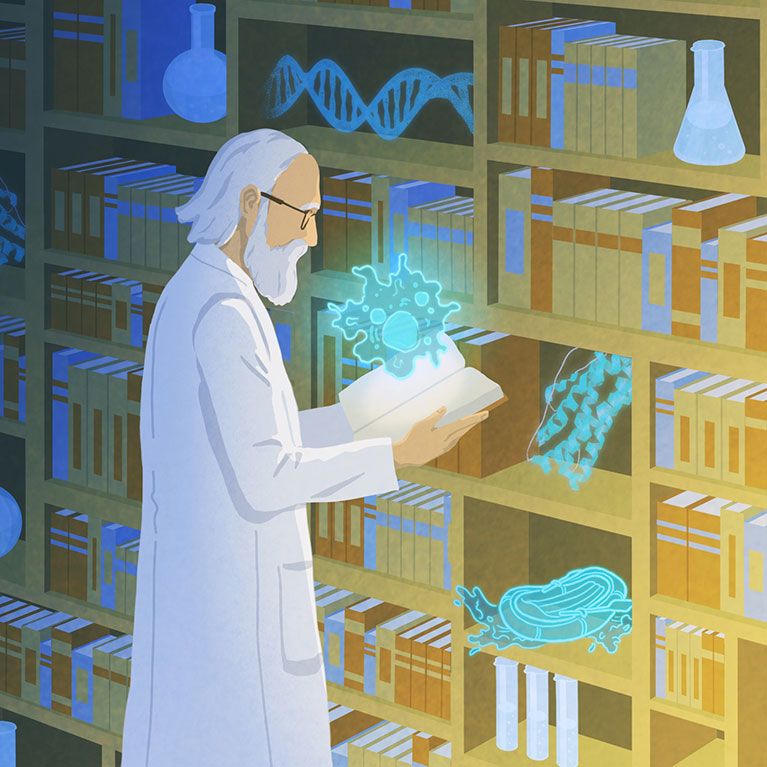Salk Institute
@salkinstitute.bsky.social
2.2K followers
170 following
8 posts
We explore the very foundations of life for the benefit of all. Our team of world-class, award-winning scientists pushes the boundaries of knowledge in research areas including aging, cancer and immunology to diabetes, and brain science.
Posts
Media
Videos
Starter Packs






